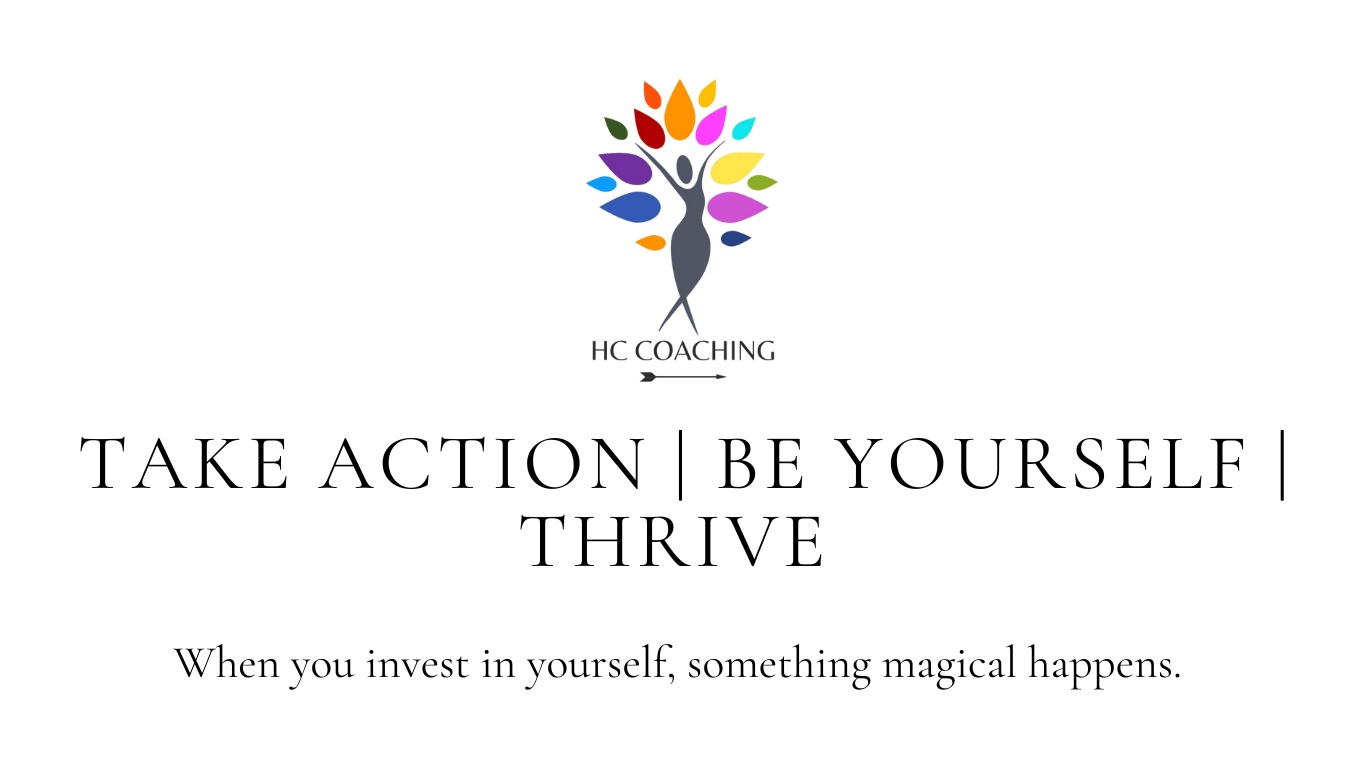Doodling
At the start of June, I began bullet journaling again (or at least my version of it). I find it incredibly helpful as it keeps everything in one place and helps me get over the perfectionism I often have with notebooks of making them look just right, and ‘what if I have to scribble something out?’ fear.
One of the things I found myself doing whilst listening to a tutorial recently was doodling. I haven’t doodled in a long time (probably since in-person meetings), but I was reminded of how it relaxes me, opens my mind to make new connections and kept me focussed. I began to wonder if it was just me that found a benefit in doodling so I did some research. Apparently, I’m not the only one!
Doodling
The act of absent mindedly scribbling. Whilst it might not look like we’re concentrating on the things going on around us, this is often not the case and doodling can have many benefits.
It can help our memories!
Studies show that we are often better able to retain and recall information if we were doodling when we were listening to it.
It can reduce stress
Research shows that the amygdala (the part of our brain associated with our fight/flight response) is calmed when we doodle. So if you’re feeling a bit tense and anxious at the moment, try putting pen to paper.
In her book Chilling Out: The Psychology of Relaxation, psychologist Christine Selby suggests this as a method for doodling to lower stress. Draw a continuous line across the page, allow it to curve and cross itself several times and then colour to fill in blank spaces.
It can help us learn
Not only do we retain more information when we’re doodling, but it helps us enjoy the learning process and therefore become more engaged with the study material. It also prevents other types of distraction and
It promotes innovative thinking
Doodling helps us think outside the box as it also helps us to make new connections in our thinking. Gulia Forsythe, of Brock University says doodling is “a form of external thought that allows you to visualise the connections you are making while thinking. In the conscious mind, doodling can assist concentration and focus but even in the unconscious mind, while doodling and day dreaming connections are made."
It helps you be a better listener
By doodling we prevent the brain from wandering off whilst we’re listening to someone else, so we are more attentive and take in more information from them. At the same time, it stops us from overthinking about what they’re saying and getting too caught up in it.
It can boost your mood
Doodling can be a great way to vent and process emotions. However, depending on what you draw, it can also make you happier. Try drawing something that makes you happy (eg a flower or your pet) and you should see a short term lift in your mood.
As you can see there are plenty of benefits to doodling. I know when I was listening to the tutorial, I was definitely kept more present because I wasn’t being tempted to multi-task in the sense of checking socials, thinking up ideas for blog posts, getting distracted by the cat. I also felt a lot more relaxed.
So here's a little challenge for you. Get a pen/pencil and some paper and allow yourself to doodle for 10minutes every day for the next 10 days and see how it makes you feel. Does it relax you? Does it help you to concentrate on what you're watching/listening to? Do you remember more whilst you're doodling? Does it make you feel better?
